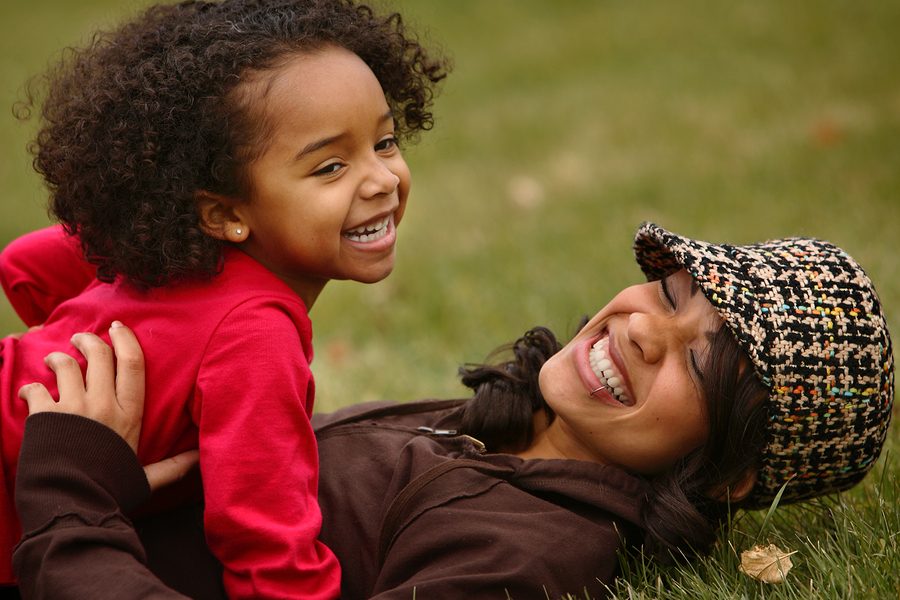
The ABC’s of child health are the health basics you need to pay careful attention to at home on a daily basis. Never mind the academics, if your child is unhealthy he or she can’t learn.
The ABCs
- Healthy Nutrition
- Fitness
- Dental Health
- Emotional Health
Get them moving…moving…
Studies show that if you get your child interested in any form of exercise activity when they are young, exercise and fitness are more likely to become a habit that lasts a lifetime. An hour daily of exercise should be the goal for your child. For younger children, playing outside with siblings or other neighborhood kids is all the exercise they’ll need. More structured exercise such as formal sports activities is a good way for older children to get their hour a day. Participating in sports also teaches them useful life skills like teamwork, discipline, and strategic thinking. Give them a choice and whatever type of activity you settle on, make sure it’s fun. If they enjoy it they’re more likely to stick with it.
Useful fitness tips:
- Make time to be active as a family.
- Exercise together with your child
- Limit sedentary activities to less than 2 hours per day – television, computer and video games
- Be a role model
Good Reasons to Smile
Like other aspects of health the road to good dental health for your child is prevention. It starts with teaching good brushing habits and avoiding certain foods.
- Brush twice daily - you’ll be surprised how many adults don’t even practice this
- Avoid candy, juices, soft drinks
- Soft baby brush once baby teeth are in
- Only a pea-sized amount of fluoride toothpaste is needed for 2 to 3 year olds
- Brush for them until 8yrs - let them brush in the morning, you brush for them at night
- Dental checkups at least once yearly from age 2 – 3 (whenever they can sit still)
Emotional Health
In African culture, the emotional health of a child is an area that’s often neglected. African parenting style is usually authoritarian, not because it works best but because it’s the only way that’s been modeled for us. This translates into a society with authoritarian leadership in every sphere that does not tolerate dissenting views, differing opinions or encourage “out of the box” thinking.
If 50% or more of your interaction with your school-aged child consists of scolding and correction, it’s time to re-evaluate your parenting style. If you’re often raising your voice when you talk with your child, perhaps it’s time to do things differently.
There are 5 Love languages – something every person needs to make them feel loved – Words of affirmation, Quality time, Receiving gifts, Acts of service, and Physical touch. For most people, one of these is primarily what makes them feel loved, and to a lesser extent one of the other four.
All children need to be affirmed – “that’s great honey”, “you did a great job”, “mummy loves you”- many times throughout the day. Your child needs quality time with you and lots and lots of hugs and kisses regardless of age. The occasional gift won’t hurt either!
Tips for parents
- Be expressive of your love & acceptance as often as possible
- Remember your child has pressures
- Doing 15 minutes daily of an activity your child enjoys can reduce their stress level
- Keep marital conflicts out of sight and hearing of your child
- Listen and listen some more!
- Don’t overreact
Children who have a clear sense of personal competence and feel loved and supported generally do well. Remember that children’s temperaments vary in their ability to cope with stress and daily hassles, learn to be very patient.




